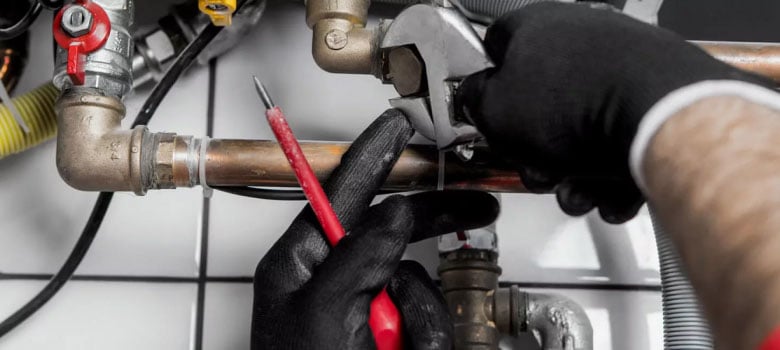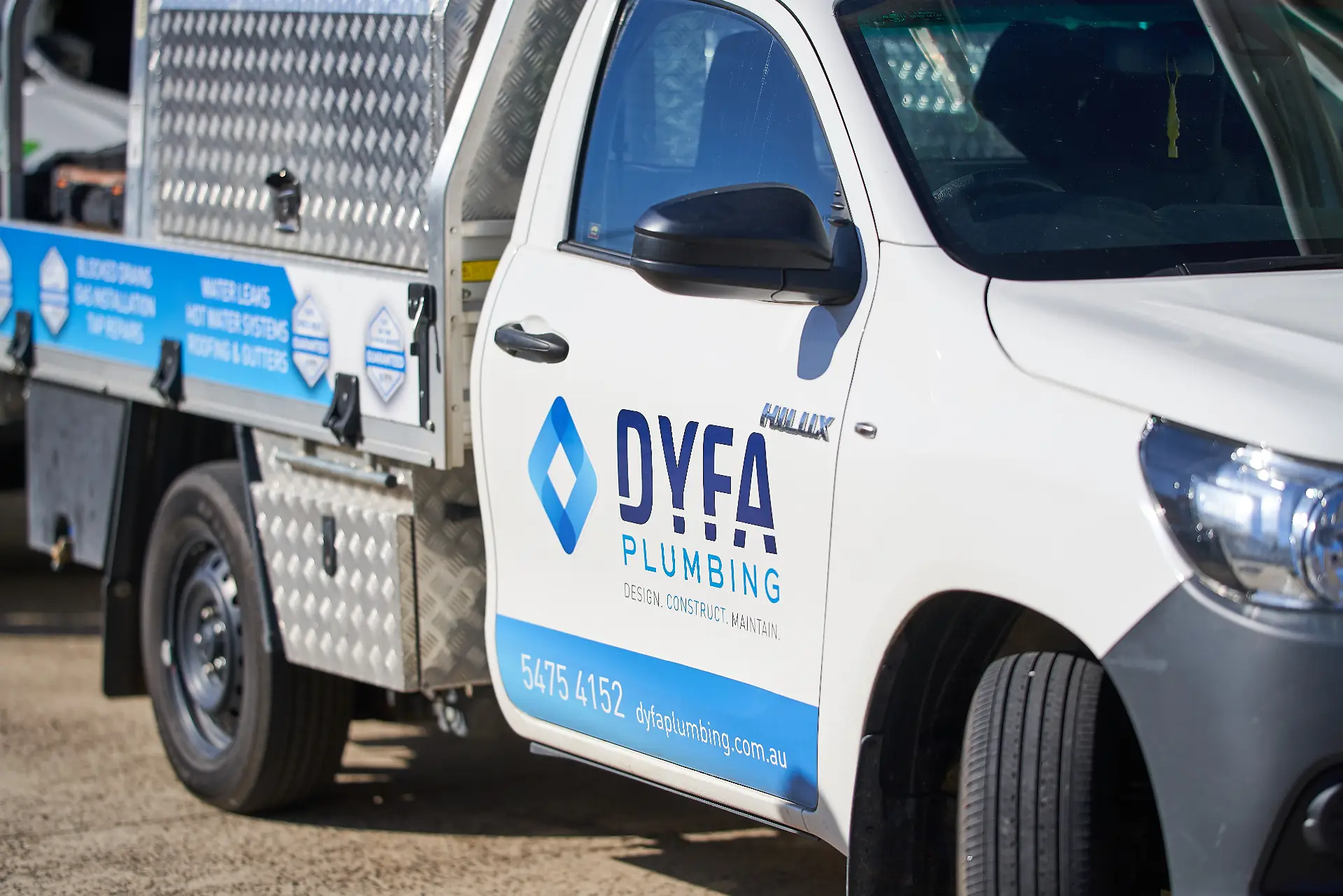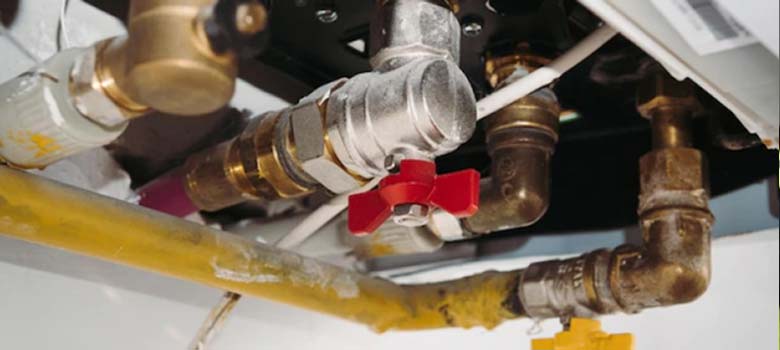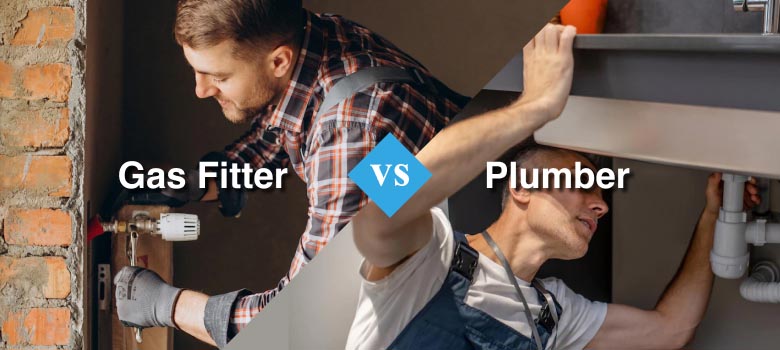Knowing the signs of a leaky fitting are crucial to the safety of your Sunshine Coast home or business.
Natural gas has become a common part of our lives when it comes to fueling our daily activities. In fact, it’s so prevalent that it supplies 70% of all household energy in Australia either through utilities or bottled solutions and connects over 5.1 million homes to the natural gas network.
With this in mind, it’s likely that you’re using natural gas in your own home in one way or another. The majority of energy used for heating in Australia comes from gas, as does the power behind many daily-use appliances from ranges to hot water heaters.
Yet despite its many helpful uses, natural gas remains potentially dangerous for home and business owners. While it is safe when installed and maintained correctly, it’s important to remember that natural gas is a flammable substance that also expels other harmful gasses when burned. It can also cause poisoning when inhaled directly.
The most important thing you can do to ensure your safety is to use a professional gas fitter for all your natural gas installation, maintenance, and repair. From there, it’s critical that you know the signs so you can tell whether your gas fittings are leaking and when to call out for help.
Understanding gas fittings
To understand what you’re looking for, or what may need repair, it helps to understand what gas fittings actually are. These are the actual connections between gas lines or bottles and the fixtures or appliances that use the natural gas for fuel.
The fittings themselves come in a number of different shapes and sizes with threads designed to give a snug fit as they create connections to the fuel source. Often these are connected to dedicated gas pipes that run throughout the home or business. These pipes, also called a gas supply line, bring the natural gas into the building from the main connection that is serviced from the outside.
Gas fittings can be found anywhere you have a connection between a gas line and a fixture that uses the fuel. Common examples include natural gas heaters and fu, stove tops, laundry dryers, water heaters, grills, fireplaces, and even pool heaters.
Can I fix a gas fitting myself?
If you suspect a problem with a gas fitting, you must call out for a gas fitter to fix the problem. It is too dangerous, and also illegal, for you to attempt to fix the problem yourself. Common problems with gas fittings that require a plumbing expert include leaks, incorrect connections, missing valves, rusting or damage, installations, and repairs of all sorts.
Put DYFA Plumbing to the test by requesting a 100% obligation-free quote online now.
How to tell if your gas fittings are leaking
While you can’t, and shouldn’t, attempt to fix a problem with a gas line or fitting yourself, it is important for you to know the signs of a problem with your natural gas usage. Undetected or overlooked issues can lead to illness, fire, and extensive damage. Here are some ways you can tell if you have a gas leak on your hands and need to call out for help.
1. Question strange smells
Natural gas is naturally odourless, colourless, and tasteless, making it difficult to detect. That’s why natural gas companies usually add an easy to identify odour to their gas supply. This typically smells like sulphur, or rotten eggs, making it quick to distinguish from other smells in your home or business. If you smell this odour, you will want to alert a gas fitter and have them check your lines and fittings for leaks.
2. Listen for hissing
You should never hear a sound coming from your pipes or fittings. Everything should be air tight and secure so that the gas moves seamlessly from the pipe through the fitting and to your appliance. If you hear loud hissing or whistling, you could have a leak.
3. Use soap and water
No smell, no sound, but still suspicious? You can conduct a soapy water test to try to target a gas leak. Simply mix soap with water to create a solution and then pour it over the fitting or pipe that you think is leaking. If soap bubbles start to appear, you could have a gas leak.
4. Install carbon monoxide detectors
One of the gases that natural gas gives off is carbon monoxide. This gas can be dangerous, even deadly, when inhaled. For this reason, homes and businesses are required to have carbon monoxide detectors. If your alarm goes off, vacate the premises immediately and call out for a plumber to find the source of the leak.
5. Check your pilot lights
Steady supplies of natural gas should make it so your pilot lights remain lit throughout the course of the day. The same is true of on-demand lighting of your stove top. So if your pilot light randomly goes out or your gas range snuffs out when you try to start it, you could have a gas leak or disruption in the gas line that is bringing your fuel service.
6. Use a gas leak detector
While this might be overkill for the average homeowner, there are gas leak detectors on the market that are specially designed to identify the presence of gases. Most detect more than just natural gas fuel, such as carbon monoxide, propane, and radon.
What to do if you suspect a gas leak
If you think you have a gas leak on your hands, it is extremely important that you leave the building or home immediately. This will help keep you safe while you wait for help to arrive. A gas leak can cause anything from damage from inhaling harmful substances to a random explosion, none of which you’ll want to be in the building for.
Call 000 for emergency services, which will likely work to shut off the flow of natural gas to your home, among other safety procedures. You can also call out for a gas fitter on an emergency basis to come identify the source of the leak and fix any damage that has occurred.
Remember that if you are around a suspected gas leak, do NOT:
- Remain inside
- Smoke or spark a flame
- Use electrical devices
- Open doors
- Use a phone inside
- Try to fix the leak yourself
Looking to save time and money? Don’t hire a Sunshine Coast gas fitter until you read this 👈
How to prevent a gas leak
Over time, fittings and lines can deteriorate, leaving them susceptible to leaks. That’s why regular maintenance and servicing is a great idea to have for your home or business. Have a plumber come out once a year to check your fittings and ensure that everything appears to be in top shape.
Remember not to attempt to adjust fittings yourself. Appliances and fixtures should be installed, moved, repaired, or otherwise managed by expert gas fitters who can ensure that the connections are correct and safe.
Save BIG with our ‘How Much Do Gas Fitters Cost on the Sunshine Coast?’ guide
DYFA: Providing gas fitting services across the Sunshine Coast
Whether you need a new gas line or suspect a problem with an existing one, you’ll need a professional gas fitter to get the job done right. We’ve helped countless home and business owners keep their structures safe with emergency responses to gas leaks around the clock.
DYFA Plumbing is a full-service, in-house provider of all things plumbing and gas fitting. We never outsource our work, workers, or equipment so you can feel confident knowing who and what will be working on your home or business. We’re dedicated to building trust with every client, and all of our technicians are licensed, insured, and police cleared to do the work required.
For more information or to request help with a gas leak, call us on 07 5475 4152 today.



